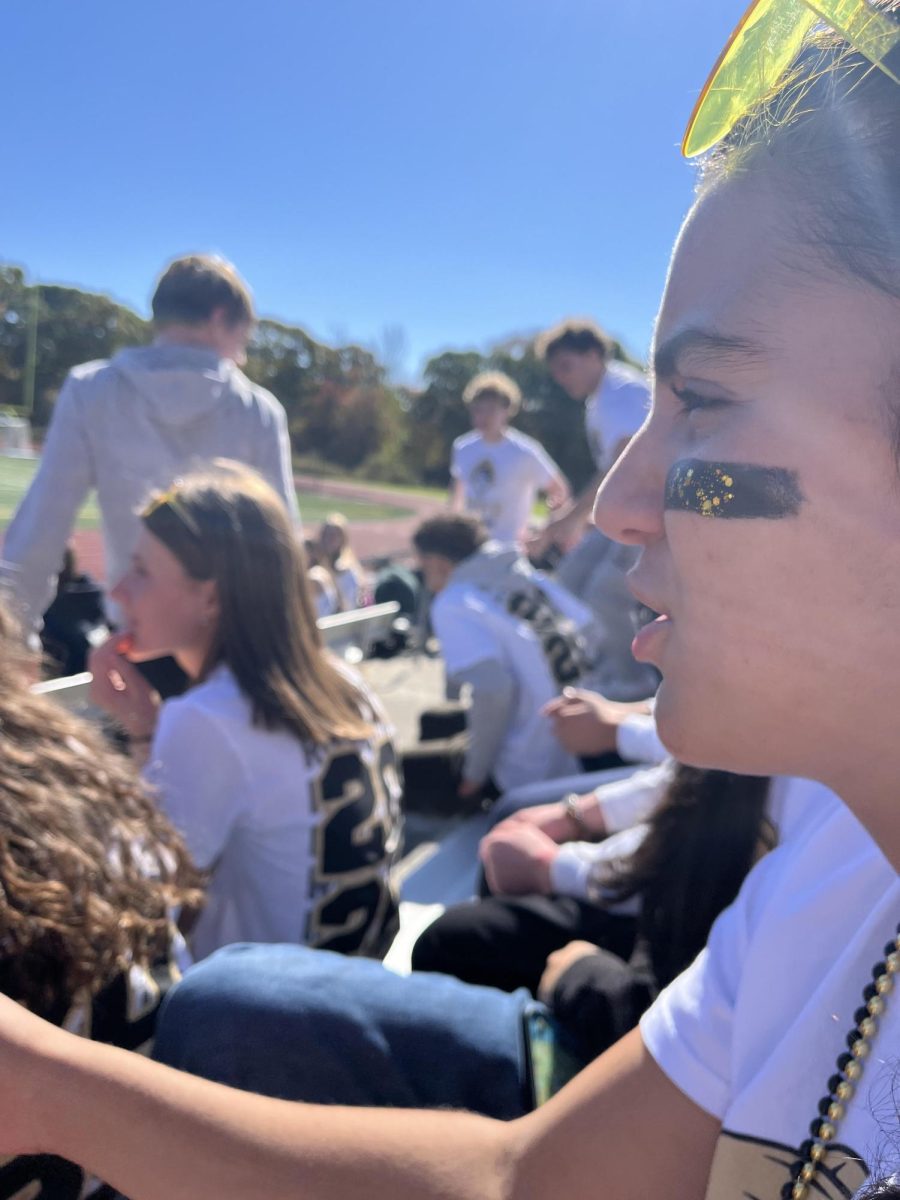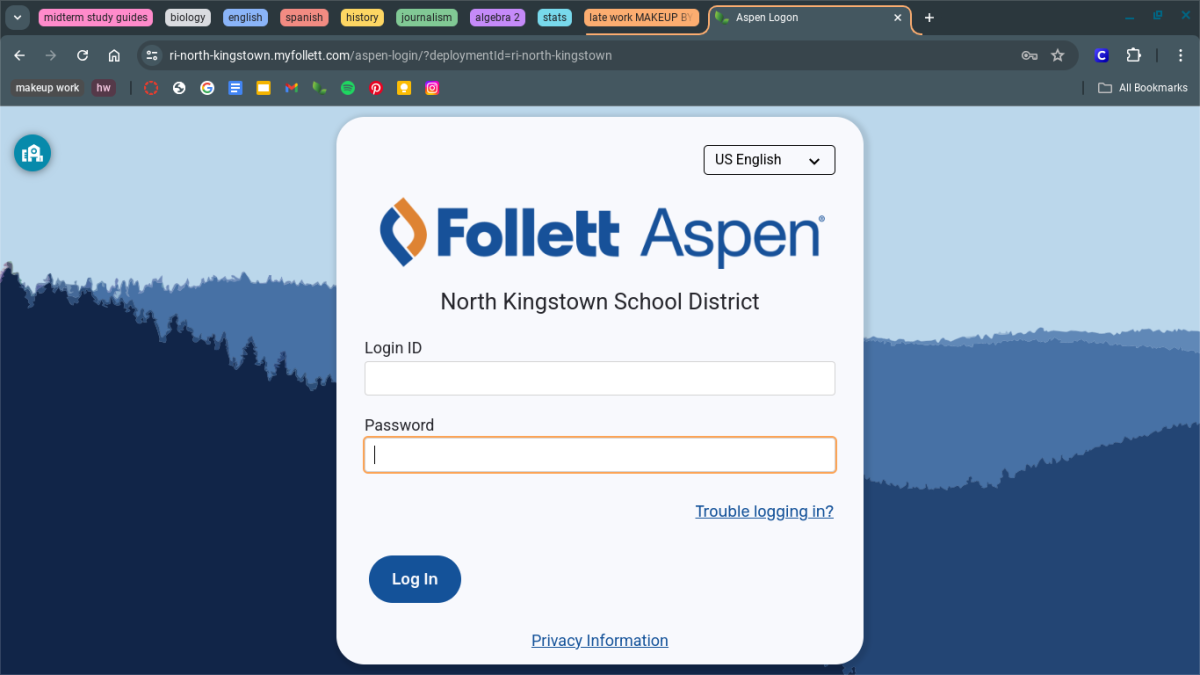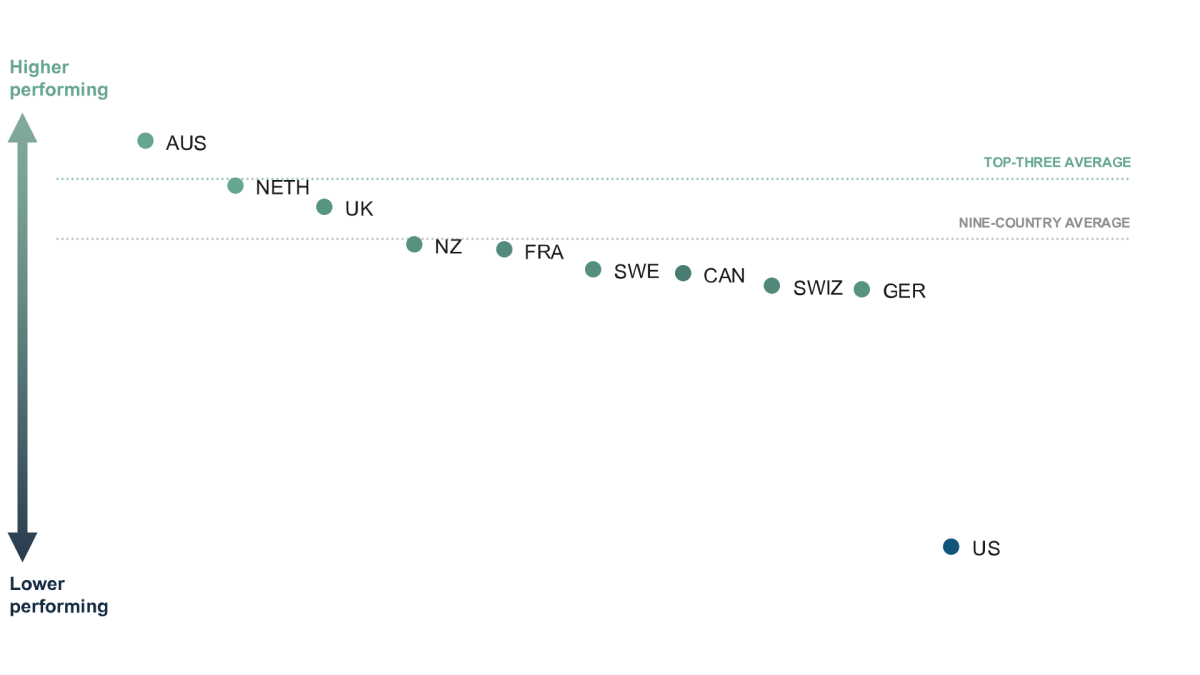How to Improve Your Mental Health
December 8, 2019
Having good mental health is crucial to a better quality of life and overall well being. We’ve all been there, feeling misplaced or hurting. Or stressed out and overwhelmed by our academics and expectations, set by ourselves or formed by our parents. Or maybe feeling as if everything we face, we have to alone. Stressful situations and bad days can often claim the best of us.
According to Spring 2019 survey results recorded by the Rhode Island Department of Education, 26% of students responded favorably when asked how well people understand them as a person, with the majority responding they feel they are understood somewhat (38%). 30% responded favorably when asked how much they matter to others at North Kingstown, with the majority responding that they felt they mattered somewhat (30%). And 42% of students responded that they felt like they belonged, with the majority of students (34%) saying they “Belong somewhat.”
How can we improve our mental health? How do we help ourselves and others find a sense of belonging? More so, how can we help others and peers when they are struggling? Questions like these attempt to find an answer across various cultures and societies.
Mrs. Calitri, a student assistance counselor, described how mental health and its stigma is perceived. Calitri notes that there is movement towards less of a stigma. “People in general seem to be much more open to sharing if they’re having a mental health difficulty,” Calitri said.
She also detailed what she had seen personally, “Many more students as they are telling me that they feel stressed” Calitri said.
The cause of this stress is due to pressure from internal and external sources. “High schools, college, parents, peers, a lot of the time it comes from the students themselves,” Calitri said.
Balance is extremely important in managing stress and mental health. “Make sure that we have a balance in life, which means finding opportunities of taking care of your mental health, enough sleep, eating healthy, exercising, spending time with people who help and support your mental health” Kalitiri said.
More so, even the students’ perception of themselves is extremely important. Often students struggle to find self worth beyond academics and what they are perceived as. “There’s more in life than high school/college, I feel like a person becomes consumed with how they’re doing academically or in the work world. They have difficulty seeing that they are much more than that.”
It’s extremely important for students to evaluate qualities that make up their character, their trust, responsibility, and so forth.
“Mental health is an important thing, there is a treatment for mental health. Just as you would get treatment for the flu.” Calitri said
Ann Finlay, is a student assistance counselor, who specializes in substance abuse.
Finlay emphasized that students need to reach out if they feel they want extra resources.
Finlay’s job of student assistance counselor allows for confidentiality. It follows the CFR-24 law, which requires that information shared is confidential, unless it poses a threat to anyone’s safety.
And managing mental health can be hard, especially when other people try to give advice. “Good advice to someone that’s on a mental health line can seem so mean,” said Finlay.
She added that mental health “…can be really easy to fake or conceal”
And that’s where a majority of students tend to struggle. Talking or speaking up is one of the best ways to receive help.
But if a student learns to manage and improve their mental health, it can set a precedent for the future.
“Over 80% of people, if they get assistance in the diagnosis of a mental health disorder, they will most likely be free of that or learn to manage it” said Finlay.
Mental health can be improved, even by surrounding yourself with people who support you, making a goal, and following small steps to achieve it. Finlay described a theory that detailed how smaller steps prepare us for larger ones.
“There’s a theory that how we react in the smallest of smallest, trains us for the biggest” said Finlay.
This could also be applied to outreach. Simply making a small effort to talk to someone new or approach someone will make the task easier the more it is done.
Building relationships and creating connections can also support mental health. Feeling left out or alone certainly isn’t uncommon, and leads to worse mentally.
“If you were to draw a line from the tough moment, and backwards, and figure out where it starts, almost every single person will feel unconnected or avoided” said Finlay.
Finlay still notes the struggles of reaching out to new people within a high school climate. “This is the hard part, how can you make a good trusting social connection but not kill your social status in high school?”
When reaching out to a student who is going through a hard time, just being a good listener can help the person feel heard. Giving the student time to vent and talk and then commenting allows the student to vent, and following up with a comment can help their day.
“Worst thing is to have something you want to bounce off of someone, and then they shush it,”
said Finlay. An example of this behavior would include a student confiding in their parents about a recent breakup, and the parents adding remarks that do not acknowledge how the student is feeling, such as saying they did not like their ex anyways.
There are a variety of resources and staff to reach out to. Any one of the student support staff: Mrs. Zito, Mrs. Calitri, Mrs. Finlay, and Mr. Hughes, can be available to meet.
Mrs. Finlay also runs student support groups throughout the school day.
Even acts of reaching out can improve someone’s day, and even continue to help.
We need to constantly remind ourselves and each other that on the battlefield of mental health, we are not fighting alone.
-30-










